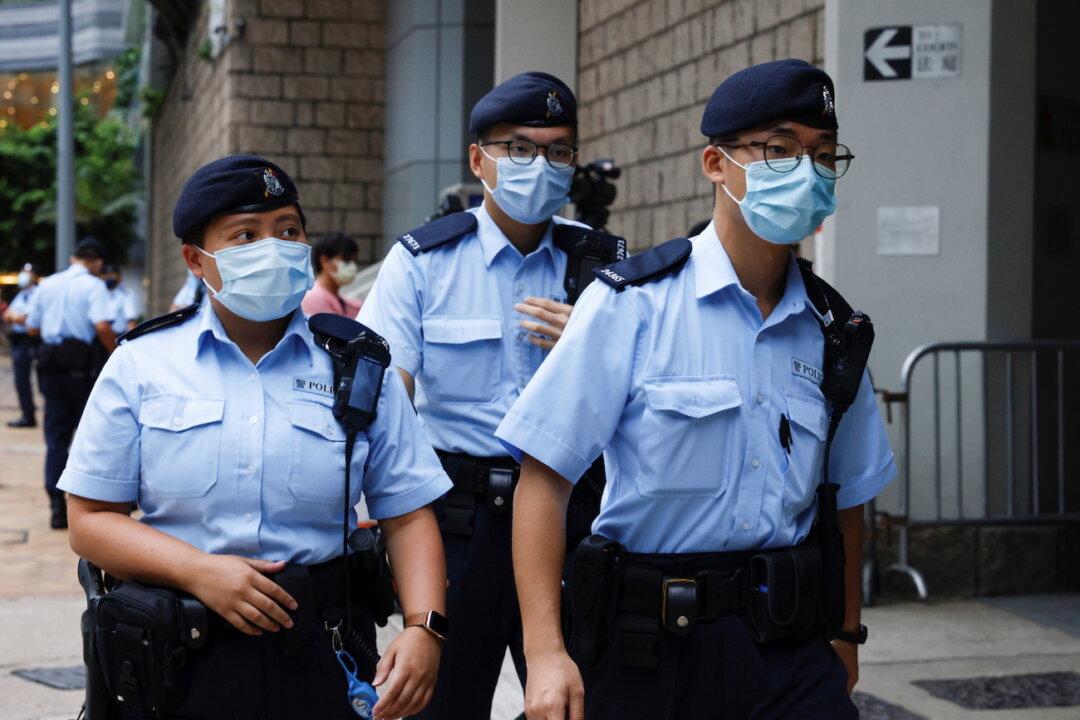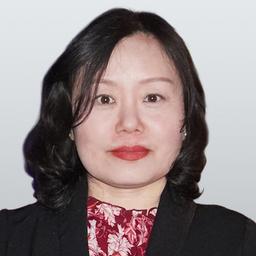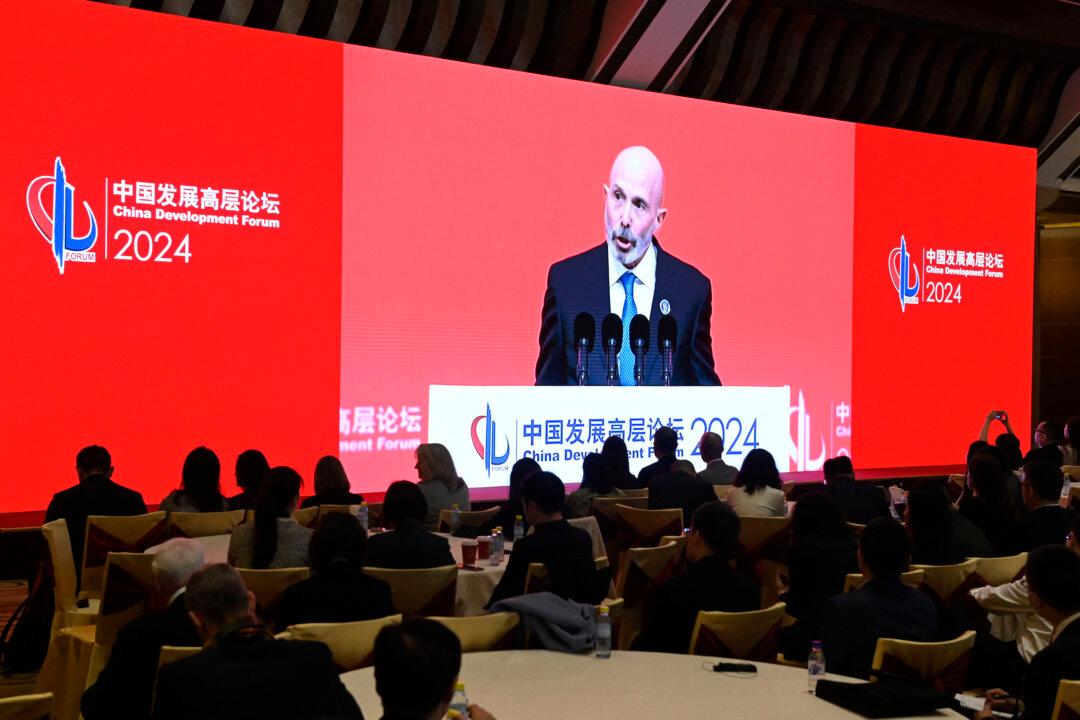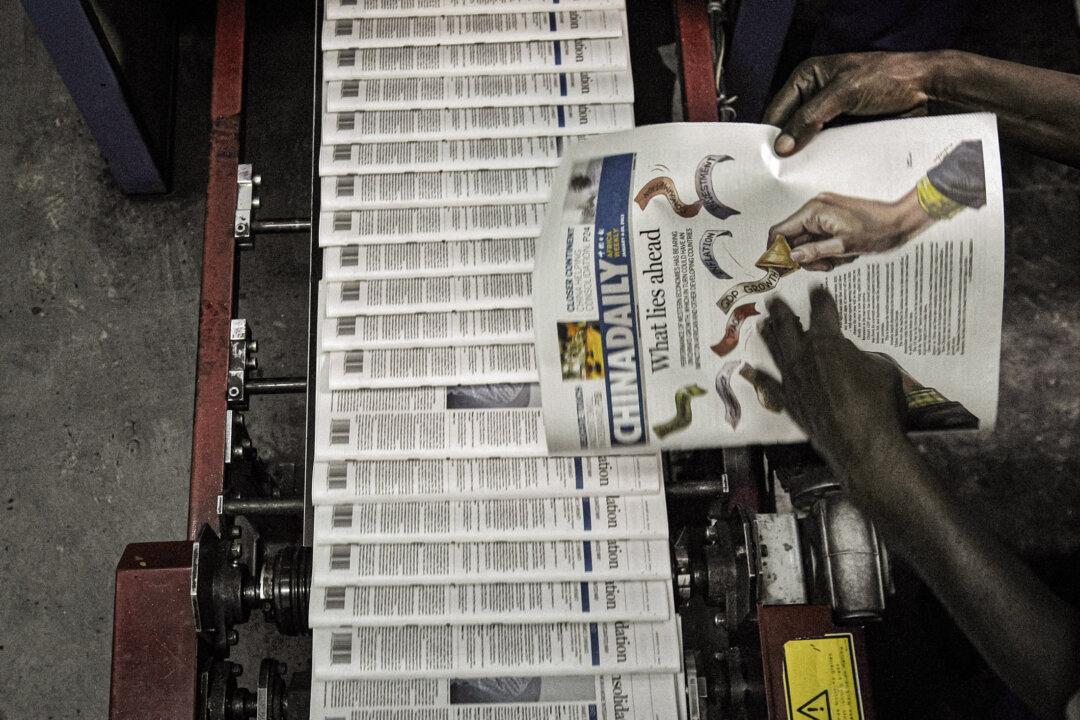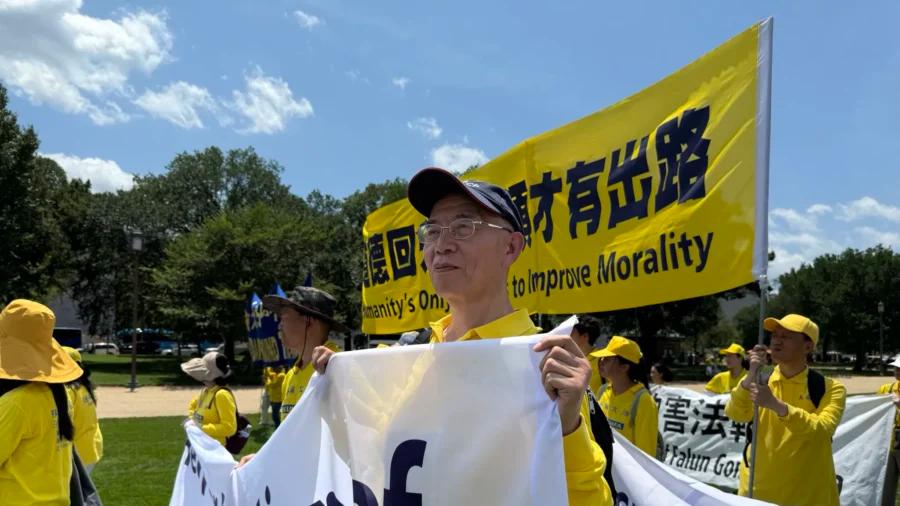British Judge Lord Sumption’s resignation from Hong Kong’s top court will raise concerns about the state of the rule of law in Hong Kong and may discourage foreign investors, said civil rights lawyer and human rights activist Baroness Helena Kennedy of the Shaws.
“Any company or investors with financial interests must be thinking twice about their assets,” Baroness Kennedy said in an email to the Epoch Times last week.
